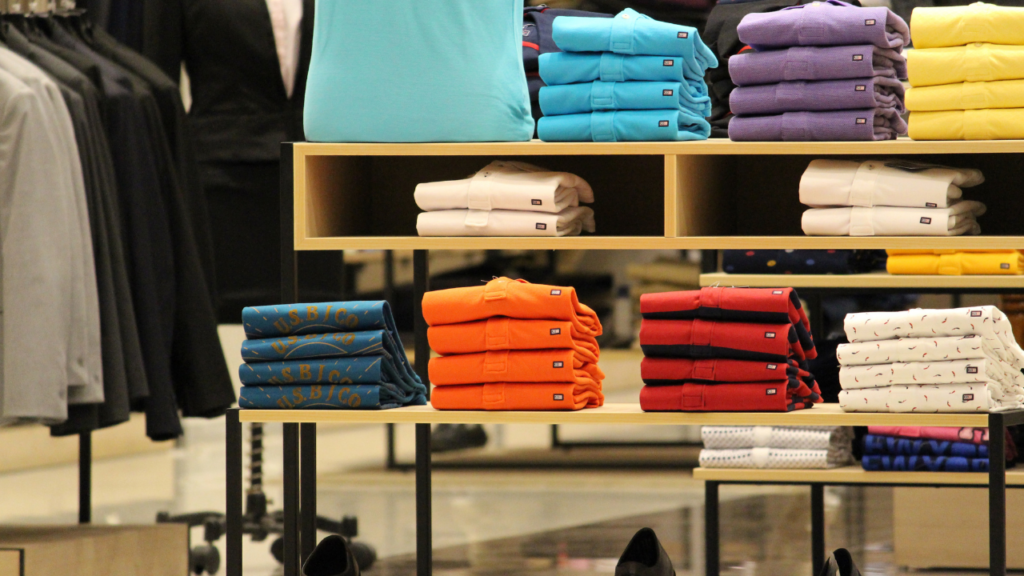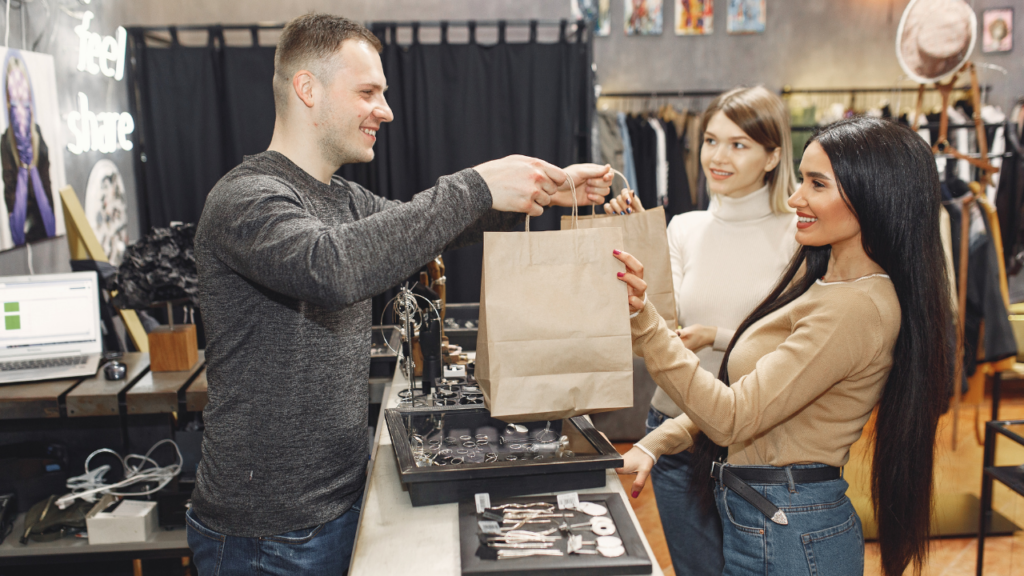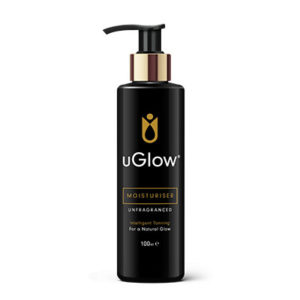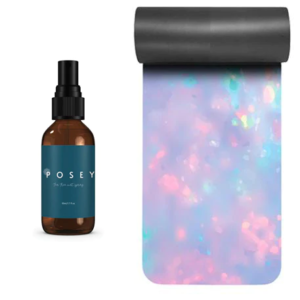Metro Bank + Will Higham On ‘The Future of the High Street.’

Metro Bank has partnered with the leading consumer futurist, Will Higham, – to uncover what the communities of tomorrow could look like by 2040.
Britain’s community-centred bank, Metro Bank, commissioned the leading consumer futurist, Will Higham, – to develop a 10-point blueprint for the High Street of the not-so distant future. Far from the vision of a detached, tech-driven world devoid of social interaction, Higham’s blueprint, the ‘Next Big Thing (October 2021),’ features a return to traditional village-centred communities that could transform our high street over the next two decades.
“Britain’s renewed love of community is one of the biggest trends we’ve seen in the last ten years, especially with the boost that it’s been given by lock-down. An anxiety around our globalised world is making Brits look back at the way in which communities used to live with renewed interest. And that’s true of young and old alike,” said Mr Higham.
Higham’s blueprint also suggests that due to the nation’s strong desire for face-to-face contact, AND the current trend of ‘putting the local back into local communities’ (which was accelerated by, and during the pandemic), we can expect see the emergence of new micro-high streets, and hyper-local neighbourhoods.

Surprisingly though, the report addressed (and debunked) a common fear and anxiety: technology could play a key part towards driving MORE face-to-face opportunities, NOT less (contrary to popular belief and myth).
Higham predicts that future high street will cater to a more communal setting. For instance, Higham forecasts a new type of borrowing and bartering, called ‘time banks,’ and citizen-run ‘product libraries,’ where neighbourhood residents can borrow, donate, and swap their unwanted toys, books, magazines, and specialist items.
But it doesn’t end here. Other points outlined in the initiative highlights how advances in 3D printing could enable village high streets to have their own micro-factories and workshops. This would enable local production, and quick access to more products for those outside of main urban centres, and shortened haulage routes.
Picture this: a tiny factory that makes local goods next door to a drone-delivering neighbourhood florist, and high street shops selling local products will adopt drone deliveries to residents and other businesses. To achieve that quintessential village feel where everybody knows your name, Higham expects shopkeepers (aided by technology) to attempt a more personalised neighbourhood experience.

Also (as mentioned in the full report), artificial Intelligence may enable these shopkeepers to keep an inventory of their customer’s tendencies, needs, and wants, – to provide a more genuine ‘personal service.’
In tomorrow’s hyper-local communities, Higham re-imagines micro-hospitals nestled next to AI-powered grocers, next to micro-cinemas (aka ‘cottage cinemas’) showing works from local artists. Every high street will be car-free and fully pedestrianised. Autonomous cars will pick visitors up from their homes, and drop them off at the edge of the high street, and wait for their passengers in new people-free ‘dark car parks’ underground.
These are just SOME of the features of the ideal high street and the community of tomorrow, and 90% of Britons can’t wait to see them become a reality, according to additional public research commissioned by Metro Bank.
To understand if these new features of the future high street would be welcome, research conducted by Opinion Matters with 2001 UK adults (September 2021) found that one in four 16–24-year-olds (83%) believe that the world would be a ‘much nicer place,’ if there were more face-to-face interactions. Over half (61%) of 16–24-year-olds and 67% of those over the age of 55 would like to be on first name terms with their local stores.

Yet, what is most surprising, is that for generations who have now spent a vast amount of time interacting via technology, many prefer the idea of a more community-first high street. Almost half (49%) of young people in the study, cited lock-down as having made them take more of an interest in their communities, with one in five (20%) now volunteering in their local area.
“Check out how well vinyl records and board games are selling with Gen Z. It’s not a luddite rejection of technology, though. As the report shows, innovations like AI and e-commerce can actually help to bring communities closer together. Building a bright future for the local high street will be about combining the best of the present, with the best from centuries past,” stated Will.
Overall, these report findings prove that even with technology driving a lot of what’s to come in the future, it’s the PEOPLE who shape our local communities: “People form the bedrock of our business, and we’re committed to ensuring that this remains the case for decades to come,” said Kat Robinson (a Customer Experience Director at Metro Bank) added.
“Community has always been at the heart of Metro Bank, so it’s very reassuring to see that the future of the high street is going to be very much centred around just that. The fact that nine out of ten Britons desire more face-to-face interactions reflects what we see every day in our business – customers want a real person to talk to, especially when they are making big decisions about key moments in their life such as taking out their first mortgage,” said Kat.
“It appears that we’ve already taken steps in the right direction by supporting small start-ups and entrepreneurs, AND by having business managers at each of our stores who are solely focussed on helping local businesses. We also let business customers use the store’s meeting facilities, free of charge,” added Kat.

Metro Bank services more than two million customer accounts, and is celebrated for exceptional customer experience. Founded in 2010, they were voted one of the highest rated high street banks for overall service quality, and best bank for service in-store for personal and business customers in the Competition and Market Authority’s Service Quality Survey in August 2021.
Recognised as ‘Bank of the Year’ (MoneyAge Awards 2020), and ‘Banking Brand of The Year’ (Moneynet Personal Finance Awards 2021), Metro Bank has also received the ‘Gold Award’ in the Armed Forces Covenant’s Employer Recognition Scheme (2021), and ‘Best Open Banking Partnership – Commercial’ at the inaugural Open Banking Expo Awards (2021).
Will Higham is the man who warned the drinks industry about the New Sobriety. He saw the Wellbeing Consumer coming a mile off, and he championed Strictly Come Dancing (Dancing With The Stars) to the BBC. Higham’s keynote talks have inspired thousands globally, from conferences organised by the Financial Times and Harvard Business Review, to corporate events for Walt Disney, Barclaycard, Philips, and Primark.
Higham runs the strategic consultancy Next Big Thing, and he helps clients from Amazon to HSBC, to Sainsbury’s to MTV, – to understand what their customers (and employees) will think, do, expect, demand, and buy in future (and how to adapt accordingly).
You can check out Higham’s full report here, and the Next Big Thing website here: http://www.next-big-thing.net











